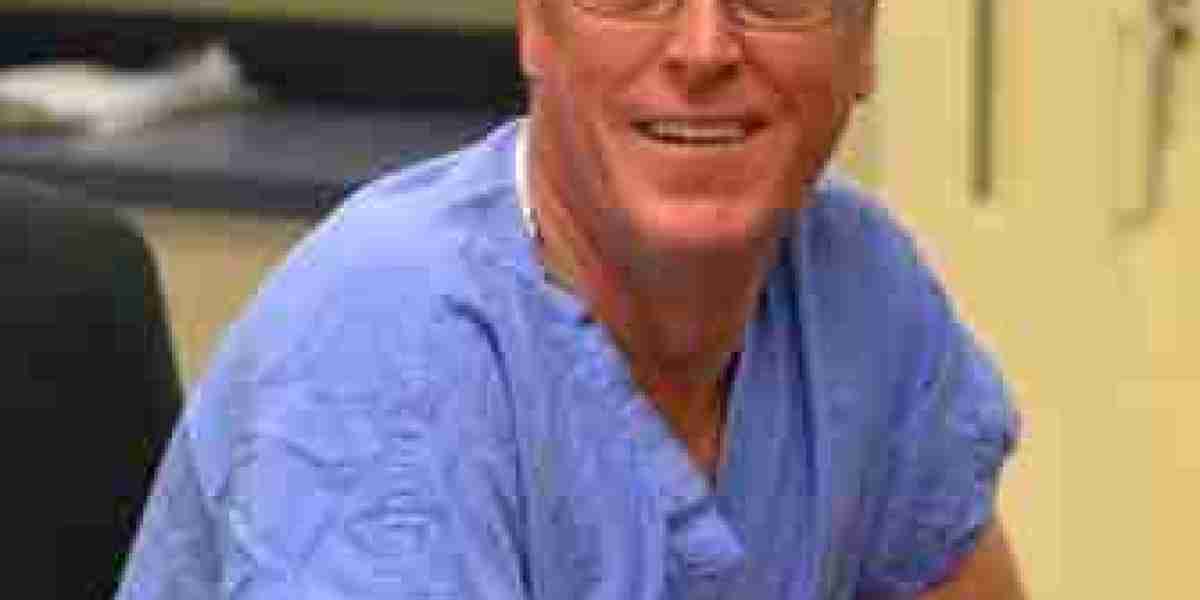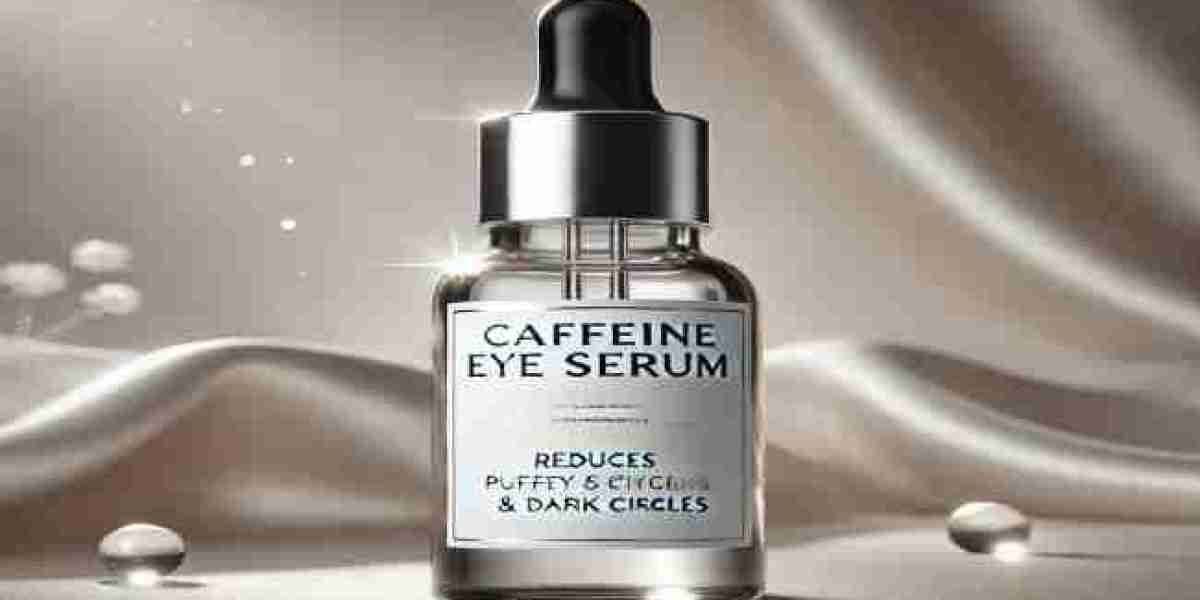Dr. Louis Bourget is a respected oral and maxillofacial surgeon in Newfoundland and Nova Scotia. He has over 30 years of experience and is known for improving surgical methods and taking a proactive approach to mental health issues around receiving dental care. He founded The Bourget Foundation to support public health projects in developing countries. In this discussion, Dr. Bourget shares insights into his career, the work of his Foundation, and the important role his service dog, Finley plays in his practice.
____________________
UD: Could you tell us about your background and what inspired you to choose a career in oral surgery?
Dr. Louis Bourget: I knew I wanted to enter the medical field and more than likely wanted to be a surgeon. During my studies, I became fascinated with the head and neck’s complex anatomy. Oral maxillofacial surgery is an ideal blend of medical skills with surgical accuracy. I treat many conditions in my OMS practice, things like dental implants, facial injuries and reconstructive surgeries.
UD: You’re active in your practice and also your charity work through the Bourget Foundation. Can you share more about how you balance both?
Dr. Louis Bourget: For me, they’re two sides of the same coin. Most of us got into medical care because we want to help people – and through the Louis Bourget, we’re extending that help to parts of the world that need it the most. We want to deliver life-saving medical equipment like CT/MRI machines, computers, surgical equipment, where so many facilities don’t have much more than a stethoscope. We’ve worked in Benin in West Africa and in Brazil for over 15 years now, creating lasting public health programs and providing hands-on medical treatment. There’s such a huge need for access to quality care.
UD: What are some of the advancements in oral surgery today that excite you the most?
Dr. Louis Bourget: Right now, the big one is 3D imaging. This has revolutionized surgical planning, giving us more accurate diagnoses and precise treatment plans, which lead to better results for patients. I’m also excited about regenerative medicine like stem cell therapies, which are becoming important in facial reconstruction. These advancements improve surgeries, improve recovery times and reduce invasive procedures. They also make patients feel more comfortable and less anxious about the process.
UD: You’ve previously talked about the emotional challenges patients face with dental treatment. How does your practice address this?
Louis Bourget Mental health is a big concern for us as oral surgeons. A lot of patients feel anxious at the dentist because of past trauma or a fear of the unknown. To address this, we’ve introduced Finley, a Golden Retriever scent-detection dog, who does a great job at making patients feel calm.
UD: Finley sounds amazing. Could you tell us more about his role in your practice?
Dr. Louis Bourget: Finley is truly one of a kind. He’s trained to detect cortisol, the body’s primary stress hormone, letting him and us know when patients need extra support. We can take measures to make the experience less scary, including letting them play with Finley, which does the trick more often than not. Finley reminds patients that they’re not alone and that the staff cares about their well-being. Our patients love him, he forms quick bonds with them and he’s become an important part of our approach to patient care. We’re one of the first practices to have a scent-detection dog in Canada, and I couldn’t recommend it more highly to surgeons who are considering it.
UD: You’ve worked with many patients—what would be the most rewarding part of your job?
Dr. Louis Bourget: The most rewarding aspect is seeing patient transformations, whether restoring smiles after injuries or helping someone breathe easier after sleep apnea surgery. Watching patients go through both a physical and emotional transformation is incredibly fulfilling. I also enjoy building close relationships with patients over time, as they return for follow-up and to track their progress. Knowing I’m improving their quality of life makes my job very meaningful.




